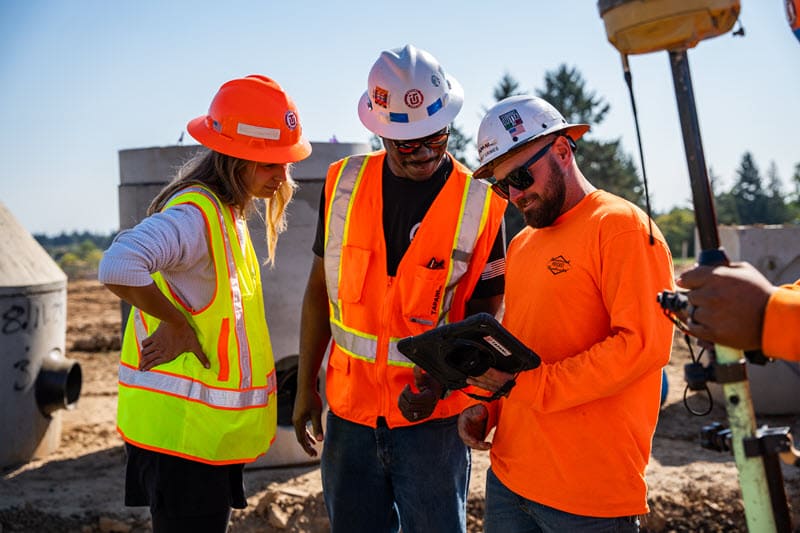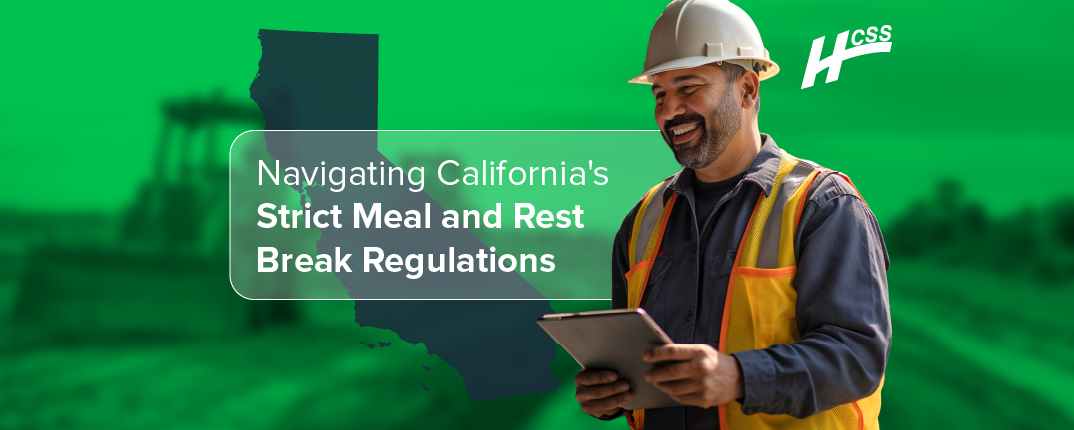California is well-known for having some of the most rigorous labor requirements in the United States, especially concerning employee meal and rest breaks. These regulations have been in place for over two decades, but recent legislative changes raise the stakes for non-compliance. As of July 1, 2024, California reformed its Private Attorneys General Act (PAGA), increasing the urgency for businesses to record and manage these breaks accurately.
Here’s what you need to know to keep your company compliant and protected.
Understanding California’s Meal and Rest Break Laws
California labor laws set specific meal and rest breaks requirements that employers must rigorously adhere to. These regulations include detailed guidelines about the timing, length, and documentation of breaks.

Meal breaks: Employees working more than five hours must receive a 30-minute unpaid meal break, which must be uninterrupted and off-duty. If the workday exceeds ten hours, a second meal break is required.
Rest breaks: For every four hours worked, employees must receive a 10-minute paid rest break. Unlike meal breaks, rest breaks do not require employers to record the exact start and stop times.
In addition to break requirements, California mandates premium overtime pay:
- 1.5 times the regular pay rate after working more than eight hours in a workday or over 40 hours in a workweek.
- Double the regular pay rate after exceeding 12 hours in a single workday.
Employers must accurately document employees' hours, including shift start and end times and meal breaks, to fully comply with these regulations.
The Stakes Are Higher with PAGA
The recent reform of California’s PAGA has escalated the importance of compliance. Under PAGA, employees can file lawsuits against employers for labor code violations. Penalties can quickly multiply, making thorough compliance critical for your company's financial health.
How Your Company Can Protect Itself
To safeguard your business, following California’s guidelines is essential. This means maintaining payroll and timekeeping records for at least four years. Here are some key practices your business should adopt immediately if you haven’t done so already.
Time-keeping policy: Implement a policy that educates your employees and managers on the proper clock-in and clock-out procedures for the start of a work day, rest breaks, and meal breaks.
Accurate time tracking: Precisely document all hours worked, including daily shift start and stop times and meal break periods.
Compliance checks: Implement regular audits of time records to verify accuracy and compliance.
Process for reporting payroll issues: Ensure employees have been trained and have easy access to channels to report missing hours or other inaccuracies.

HCSS Solutions to Assist Your Compliance and Protection
Navigating California's complex regulations can be challenging, particularly in construction, where managing varied schedules and remote crews complicates compliance efforts. HCSS provides timekeeping applications designed for the construction industry that track hours worked and meal and break times effectively.
These applications also allow crew members to perform inspections and record the cost codes they worked on that day.
Comprehensive time card system: Our advanced time card system accurately records all required employee data, with down-to-the-minute clock-in times and employee signature options.
Efficient crew management: Align hours worked to scheduled hours and distribute them accurately across cost codes to reduce errors and discrepancies.
Detailed auditing and reporting: Tools like the Employee Detail Report inside HeavyJob provide a comprehensive audit trail of all employee hours, clearly documenting meal and rest breaks. The Time Card History report offers full transparency into any adjustments or changes made to the time card, further strengthening your defense against potential disputes.
Customized attestation questions: HCSS lets your company include tailored questions for your employees in timecards when they are filled out. Employees can verify critical compliance details, such as confirming they took required breaks, verifying accurate hours worked, and reporting workplace injuries.
Secure, long-term record keeping: HCSS safeguards timekeeping data, ensuring that historical records are protected and accessible should future inquiries arise.
Conclusion
The evolving regulatory landscape in California, particularly after recent PAGA reforms, demands proactive compliance measures from employers. HCSS provides industry-specific tools designed to accurately track, manage, and audit employee hours so your company can confidently navigate California's labor laws.
With HCSS’s timekeeping solutions, you can focus more on your projects and less on regulatory stress.


